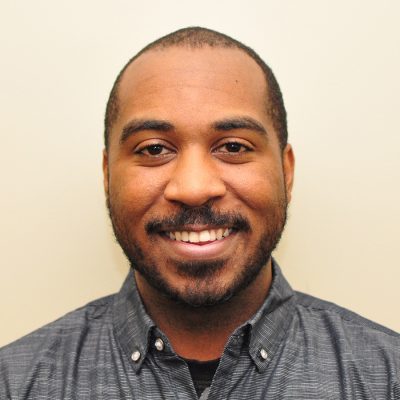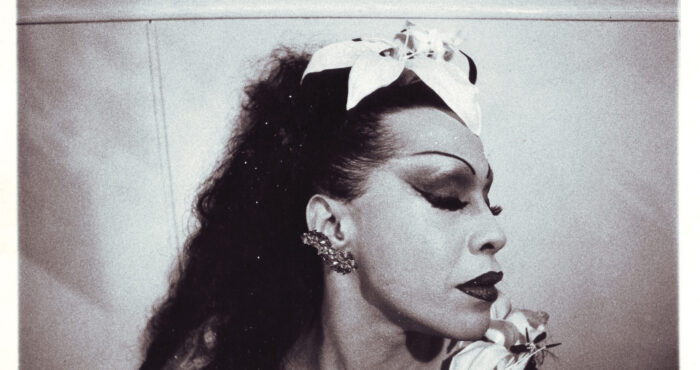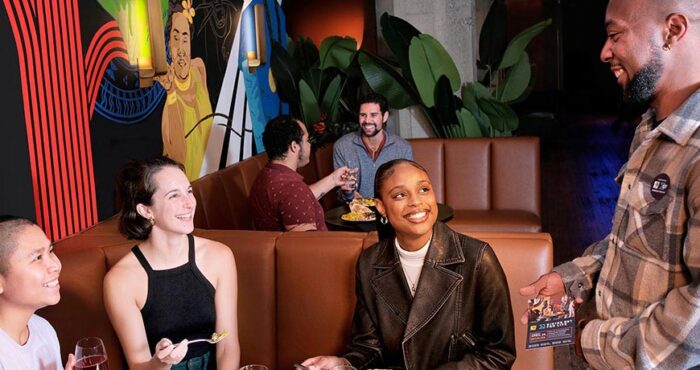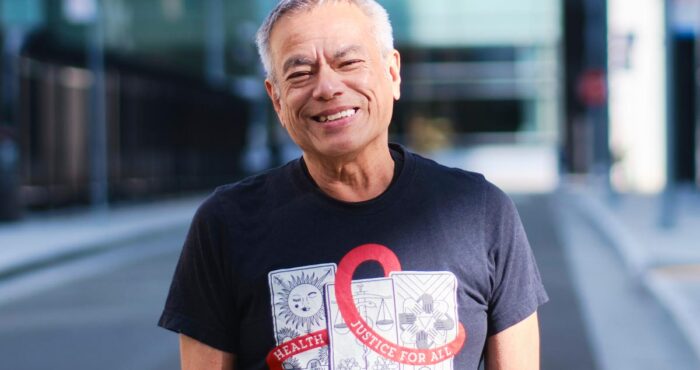Black Brothers Esteem Member Spotlight: Robert Mitchell
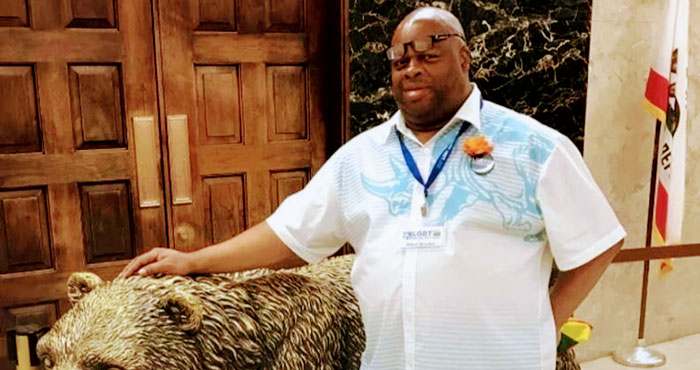
Tell us a little about yourself, and what first got you involved with Black Brothers Esteem?
I was born in Mississippi in 1960 and moved to Oakland, the birthplace of the Black Panther Party. I learned early on to stand up for something or risk falling for anything.
I was born with a heart murmur and at first my doctor offered no hope but with much progress in cardiac care, my doctor formed an all-black dream team of surgeons and specialists to perform open-heart surgery to repair my broken heart. This was most impressive to a young Robert, and was nothing short of a miracle. I had faith in God, saw the skillful medical staff and science at its best.
I then developed interest in healthcare to help others…
And so it is…
Later in life I found myself in housing management. I let friends of mine; tenants move in, and they told me about BBE. That’s how I was first introduced. I was interested in community work and being in-tune with the brothers.
Was there anything in particular about the group that stood out to you?
Well, what I liked the most was that it was very community-oriented and that it provided a lot of great information about the AIDS crisis. I was really struck by it and I believed that it could really save lives.
At the time I was already working in the healthcare field and had friends, family, and patients die from AIDS, so having a program that provided HIV prevention work and HIV information was a great benefit. I also had a lot of guilt because I asked myself, “why did I survive? I felt I was in the middle of everything….” [therefore] I felt my purpose was to help find a solution.
Tell us about the outreach, community work, and volunteerism that you have done with BBE and some of the outreach, community work, volunteerism, and activism that you’ve done in general.
Our outreach target at BBE is to raise HIV/ AIDS Awareness among African-American males. This demographic is impacted at a disproportionately higher rate than those of other communities.
Sharing evidence-based info has helped me polish my skills of connecting healthcare and humanity and to nourish the whole being.
I participate with various other agencies also and campaign for various causes I find rewarding as well.
I was also involved with HAN (HIV Advocacy Network), to address housing homelessness, to help end the epidemic, and I’ve grown a lot working with them. I was a volunteer with GLIDE and worked with SFDPH for the End the Epidemics campaign. I also worked as a poll worker and supervisor.
And for BBE, distributing condoms, giving info about the program, connecting people with resources, I was a peer leader for BBE, lobbying lawmakers, doing vigils, assisting people in crisis, canvassing, official volunteering, tabling as a PrEP Ambassador…
I’ve put my heart into my work and I’ve had patients tell me how much they appreciate my care and concern.
Maybe I was on their dream team… it’s my privilege.
But an alarming report released years ago that half of all Black men who have sex men with will get HIV in their lifetime at this rate.
Wow! What inspired you to get involved with outreach/community work?
Off the top: world conditions and generational trauma weighs heavy on me.
I was born into a family of activists who responded to brutal and horrific murders. Even my great-grandfather was a sharecropper who was shot dead for refusing to continue being taken advantage of in a business arrangement with a white farmer.
I lost a cousin, Emmett Till, a 14 year old brutally lynched in 1955, his assailants acquitted and later sold their stories to Life Magazine admitting to guilt- went free. The accuser of his alleged sexual advances is still alive and yet to be punished. This act kicked off the Civil Rights Movement, driven by his mother, Mamie Till-Mobley. And on March 29, 2022 President Joe Biden signed the “Emmett Till Anti-Lynching Bill,” only now after 200 attempts and 100 years, the terrorist hate crime of lynching is finally illegal.
So seeking justice… That’s my inspiration…
The Black Panther party was established in the ’60s in Oakland when I was living there, and it was a huge inspiration. Back then people were really in your face, and it really inspired me as a boy to stand up for what I believed in. Today I stand before elected officials and law makers for change.
What are some insights that you have learned working with BBE and doing community-based work?
Yes… I’ve gone to many lectures and workshops. I’ve developed tools and come to appreciate that knowledge is power. Once you know better, you do better. I see people on the streets who need the help the most but have the least capacity to do [for themselves] in a lot of cases, so I’ve tried to reach out to people in crisis.
I’ve appreciated the help of brothers and others members. I came to group with huge issues that were crushing me and felt like my issues were blocking out the sun, and the members helped me work through it and feel supported. So I say if you believe it, you can work towards achieving it.
What are some tips or words of advice that you would share with the Outreach Team?
I had a lack of knowledge around HIV/AIDS, but these programs inspired me to keep up the fight. It still burns a fire in me. So whatever you can do to take accurate information and get it out there, share it around and help others. Work at it, live about it, be about it. There’s so many false truths, misconceptions, stigma, even lies spread really fast, but truth really needs to be promoted. [All those things that] cause stigma stop people from seeking help and treatment.
Some folks think the people trying to help are the problem. People are afraid of what they don’t understand and it’s an uphill battle so we need to focus our efforts to make a difference and if we’re gonna get to zero. We still have a ways to go and everyone should be a part of it.
Anything else you would like us to know?
Ask you this: Is your position part of the problem or part of the solution? Are you working to be part of the solution to end HIV?
We opened the floor to feedback from our Outreach Team:
“Robert is a very inspiring person, and he got me and others through the good bad and the ugly. Even though we’ve had historical moments in BBE, he has been able to step in and intervene to laugh, bring up the mood, to help the room up. Even if you experience the good, bad, and ugly, it’s how you get back up.”
“[Robert you were] also a peer health advocate with BBE and worked in health fairs bringing people in and leadership roles at retreats and helping people know in trainings that everything will be OK. And people always believe in you because you always kept it 100, and you had a way of shutting down drama, so that’s something I really loved.”
“I appreciate your involvement with peer leadership and stepping up. Robert you also are really great at staying involved to bring people into BBE taking the initiative at street fairs and neighborhood outreach. You have such excitement to tell people about BBE and give information. Bringing people back into the fold especially during COVID. You’re always very warm and helping people not be isolated.”
“Robert Mitchell–you are one of the kindest, nicest people I’ve had the pleasure of knowing. When you and Rickey became peer leaders during Shawn’s time, you were incredible, and I don’t think anyone can top that time.”
Well Robert do you have any final words for us?
All I will say is this: we went to the Black Panther exhibit 5 years ago with BBE and I’d love to visit their headquarters in the future.






